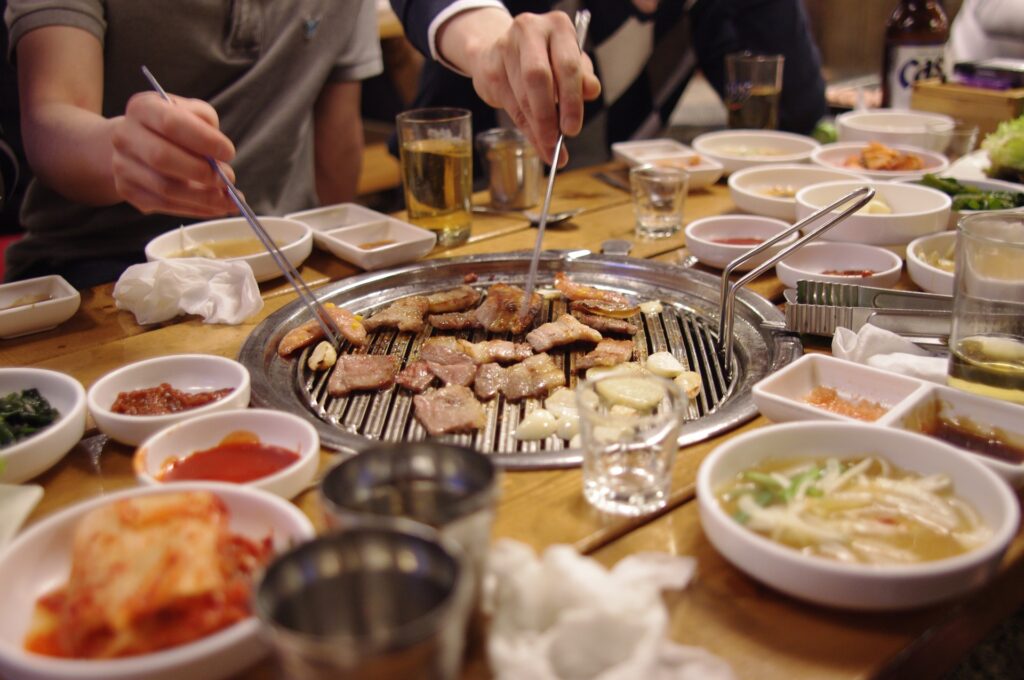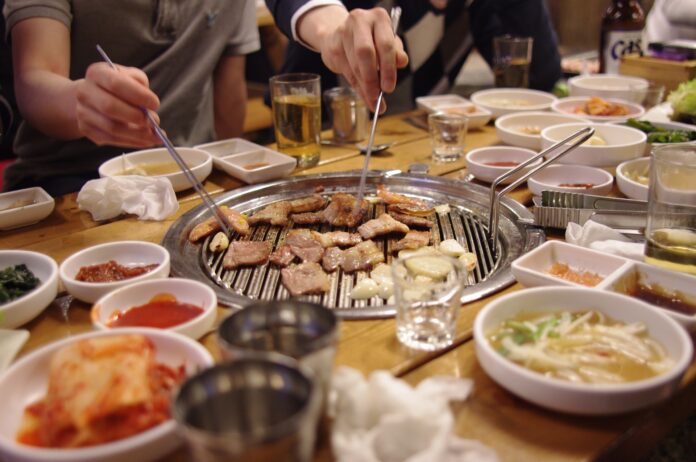
Due to continuing Covid-19 crisis, many Japanese office workers, especially middle-aged male, would regret Nomikai, although drinking parties are thought to be the source of infections in Japan. I would like to think about this habit.
In this article, Nomikai is defined as an opportunity for drinking and eating after working hours with “voluntary” participation”. Although the party is “voluntary”, the participation is compulsory. “Voluntary” is superficial excuse; people take it granted to participate and if one is absent, he or she must apologetically share the reason of absence with some of the participants. This protocol is a Japanese custom at workplace.
In this article, I would assume that various restrictions imposed for the Covid-19 are not considered.
First, why do we need the Nomikai?
Unofficial information, for example personal changes or management information would be the ones. However, this sort of information would be obtainable during breaktime. Sharing secret wisdom of work which is not available from manuals would be another. This succession of implicit knowledge would be difficult through chatting although excessive lecturing during a party would be unwelcomed by young generation. Establishment of deep human relationship, which is represented by the terms of “a sense of belonging”, “trust”, and “heart-to-heart talks” would also be another. Value of the Nomikai seems information sharing, sharing of implicit knowledge, and team building.
Next, what of the Nomikai will bring such values?
An opportunity of “we can say whatever we want” will result in a deep empathy. For example, we can discuss what we cannot talk in office such as “Although our director told his policy, that would not work in this project”, with such “comments” as a tidbit, having another glass of beer: a typical scene in the Nomikai.
Then, why is alcohol necessary?
Laid-back, free feeling brought by alcohol would be the main reason. However, humans tend to create a memory for his/her convenience, which would be fortified by the influence of alcohol. It could be questionable whether that sense of belonging really existed. Besides, there are growing numbers of people who do not want to drink.
Finally, we return to the current situation: under Covid-19 crisis. I think our beloved Nomikai would not be back soon. On the other hand, there would be a lot of office workers who cannot feel the connection with colleagues and superiors these days.
My suggestion would be to find out something to substitute the function of the Nomikai without after-working hours and alcohol. Can’t we make some opportunities in which we can freely share difficult-to-talk-at-work stuff while doing something not directly related to work? Unlike the Nomikai, we may not be able to make exactly the same opportunity, with a bit of imagination, we may be able to make something similar. I would stress that we have undergone an identical process for remote work. Why not the Nomikai? If we try even a little bit, we may create a new integrity. ■

